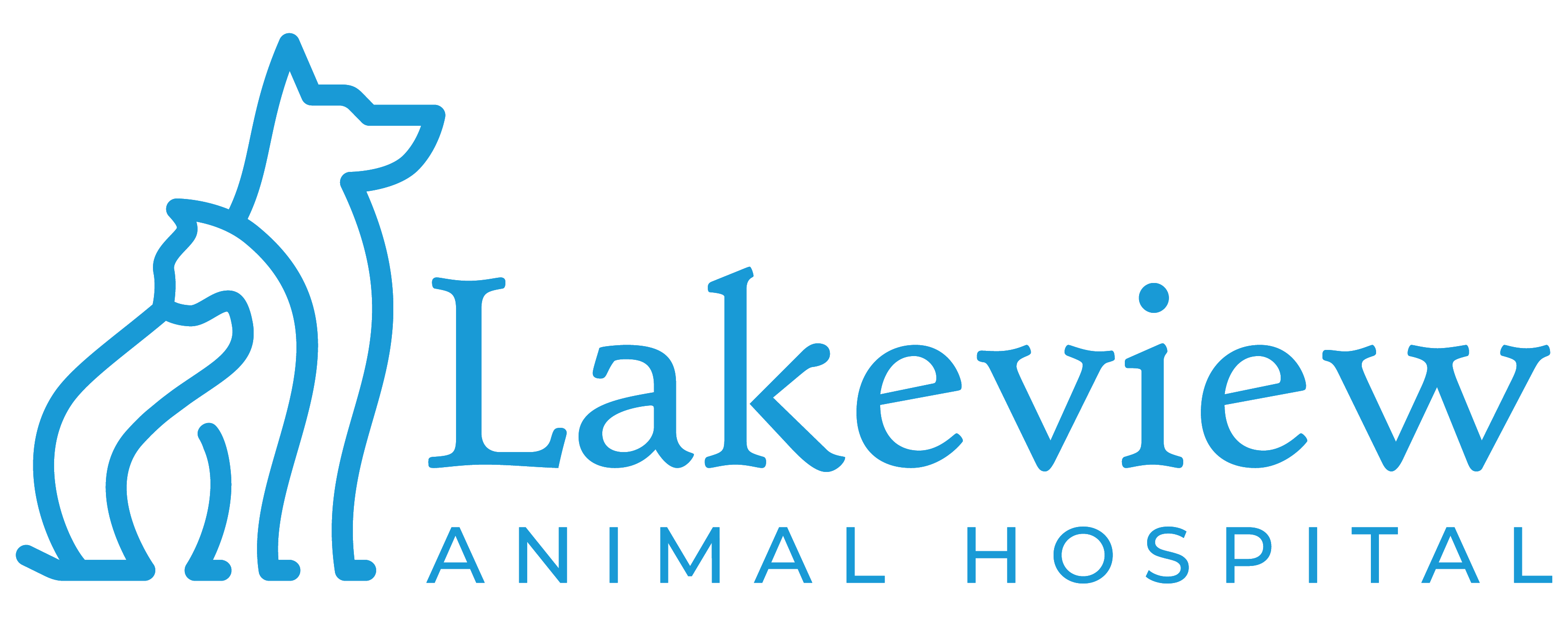Educational Articles
-
Allopurinol is an oral medication typically used to prevent uric acid and calcium oxalate stones in dogs. It is also used off-label to treat leishmaniasis and gout in dogs and other species. Side effects are uncommon but may involve stomach upset. Caution must be taken when allopurinol is used in conjunction with certain other medications. It should not be used in pets with liver or kidney dysfunction or in red-tailed hawks.
-
Atropine ophthalmic (brand name Isopto Atropine) is an eye medication used to dilate (enlarge) the pupil. It is used off label (extra label) only, in all veterinary species of animals. Atropine ophthalmic comes in a 1% drop, solution, or ointment form, which is placed directly into the eye.
-
Azithromycin is given by mouth or injection and is used on and off-label to treat a variety of infections. Give as directed. Common side effects include stomach upset. Do not use in pets that are sensitive to macrolide antibiotics. If a negative reaction occurs, please call your veterinary office.
-
Carprofen is a nonsteroidal anti-inflammatory drug (NSAID) used on and off label. It is given by mouth in the form of a tablet to treat pain and inflammation. The most common side effects include vomiting, diarrhea, and decreased appetite. Do not use this medication in pets with bleeding disorders, in pets that are allergic to it or other NSAIDs in the same class, or in pets concurrently using corticosteroids or other NSAIDs. If a negative reaction occurs, call your veterinary office.
-
Chloramphenicol is given by mouth or injection and is used on and off-label to treat bacterial infections. Give as directed. Common side effects include vomiting, diarrhea, and decreased appetite. Do not use in pets with blood disorders, in pediatric or geriatric animals, or in pregnant or nursing females. If a negative reaction occurs, please call your veterinarian.
-
Chlorpheniramine maleate is given by mouth and is used off label to treat allergic conditions or as a mild sedative. Common side effects include sleepiness, although other side effects are possible. Do not use in pets that are allergic to it or other similar antihistamines, or pets that are undergoing allergy testing within 2 weeks. If a negative reaction occurs, please call your veterinary office.
-
Colchicine is given by mouth and is used off label to primarily treat amyloidosis and Shar-Pei fever. Give as directed by your veterinarian. Side effects are not well documented and may include nausea, vomiting, diarrhea, lack of appetite, skin rash, incoordination, severe tiredness, weakness, infections, bleeding, or bruising. Do not use in pets that are allergic to it or in pets with severe kidney, gastrointestinal, or heart disease. If a negative reaction occurs, please call your veterinary office.
-
Dexamethasone ophthalmic is a topical steroid medication used to treat inflammatory eye conditions in cats, dogs, rabbits, avian species, and other animals. Dexamethasone ophthalmic may be used alone or in combination with an antimicrobial. Dexamethasone ophthalmic comes in ointment and liquid drop form. Avoid use in animals with corneal ulcerations or corneal infections.
-
Dexmedetomidine is a sedative/tranquilizer used primarily in cats and dogs as a pre-medication injection for anesthesia or for chemical restraint. It is also used orally in dogs for short-term anxiety management. The most common side effect is a low heart rate. Dexmedetomidine should not be used in patients with severe heart liver or kidney disease. It should be used cautiously in young, old, or weak animals. Consult your veterinary office immediately if you suspect a negative reaction or overdose.
-
Diazepam is given by mouth, injection, or into the rectum and is used off label to treat anxiety, seizures, tense muscles, or decreased appetite. Give as directed by your veterinarian. Side effects include sleepiness, increased appetite, incoordination, weakness, agitation, drooling, and aggression. Do not give to cats by mouth, and do not use in pets that are allergic to it or other benzodiazepines, or in pets with severe liver disease. If a negative reaction occurs, please call your veterinary office.

